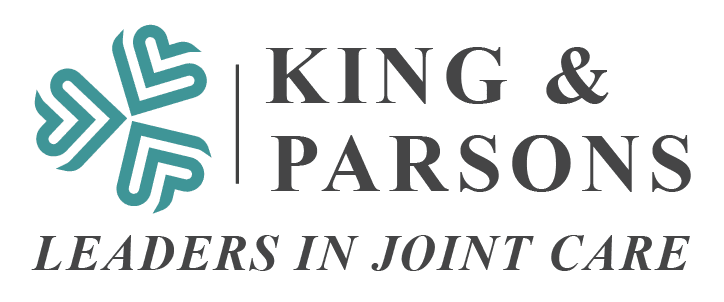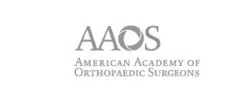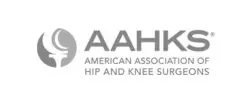Some might argue that the biggest innovations in joint replacement are not related to technology or less invasive surgical approaches, rather to more advanced pain management techniques that have significantly eased the postoperative recovery from surgery. Historically, shoulder replacement has been considered a moderately painful operation and pain can be one of the factors that limits postoperative recovery or range of motion and function. Using a comprehensive, multimodal approach, we have been able to substantially reduce perioperative pain to near a level of just discomfort. Some of our patients have reported that they never experienced true pain after surgery. One huge benefit of this program is that it reduces the amount of opioids patients require to a fraction of past needs.
This is how we do it.
Pre-emptive Analgesia
- Patients preload with Tylenol 1000mg 3x a day starting 3 days before surgery
- In the same-day surgery holding area, patients receive Tylenol 1000mg; Celebrex 400mg and Decadron 10mg
Regional Anesthesia
- Patients undergo an ultrasound guided interscalene nerve block. This nerve block contains 10mg of Exparel which is a long-active local anesthetic which can last 2-3 days after surgery.
Intraoperative Local Anesthesia
- During surgery a local anesthetic mixture containing Marcaine and Exparel is injected into the soft tissues, muscles and skin of the surgical field.
- 20cc of this mixture is placed at the base of the coracoid process where the suprascapular nerve passes across the shoulder blade. This nerve provides sensory branches to the joint.
Postoperative Multimodal Analgesia
- Multimodal analgesia refers to blocking the pain pathway at multiple different points using combinations of oral medications. The goal of a multimodal regimen is to provide a more comfortable baseline that limits the need for opioid therapy.
- Tylenol 1000mg every 8 hours
- Ibuprofen 600mg every 6 hours (can be substituted with Aleve, Meloxicam, Celelbrex or other NSAIDS)
- Tramadol 50mg every 6 hours
- In some cases muscle relaxers can be added if patients have allergies to other medications
- Cryotherapy with regular ice packs
With this comprehensive pain management regimen, most patients experience very manageable discomfort after surgery allowing better sleep, faster recovery of motion and overall improved well-being. This pathway is part of our AVATAR rapid recovery program which is used in all our joint replacement cases. For better results and easier recovery, come experience the AVATAR difference.
If you are interested in learning more about our expertise in shoulder replacement surgery, please contact our knee, hip and shoulder center here.














